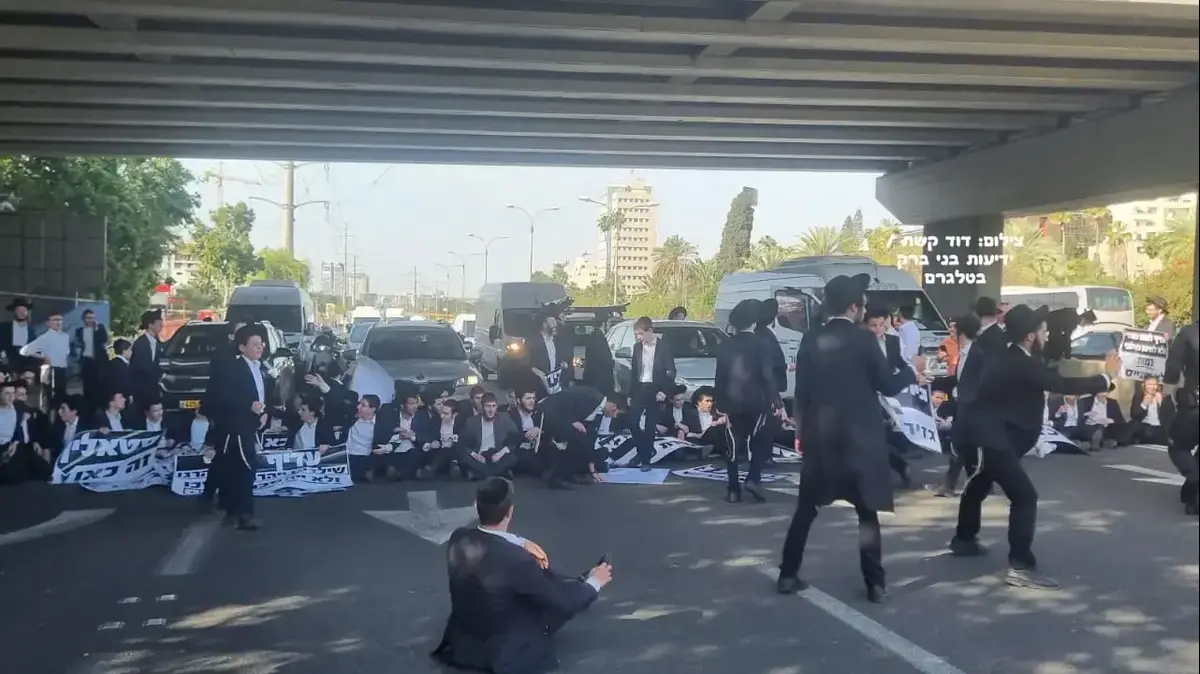Alexandre Amiel is a journalist and television producer. He has just produced “Why do they hate us?”, A series of documentaries on the fractures of French society.
To discover
Michel Houellebecq: "A civilization which legalizes euthanasia loses all rights to respect"
LE FIGARO. - In the documentary broadcast on Planète + aims to show the daily life of police officers and to deconstruct the clichés on this profession by following, in particular, the career of a police commissioner. Why this choice ?
Alexandre AMIEL. -
This documentary is an opportunity to question the fractures of French society.
The principle of incarnation makes it possible to make the documentary accessible, to humanize it.
Most films which aim to denounce, for example, police violence, produce the opposite of the expected effect.
They are either films of activists who accuse the police of all evils or films of knowing people explaining to you the foundations of the metaphysics of police hatred.
Consequence: the spectators who hate the police will not change their opinion, those who also adore it, and the others - the majority - will not be interested in it.
Read alsoAre there four times fewer police attacks than ten years ago?
Until the communitarization of society, a police officer was not reduced solely to his profession.
Behind the uniform, there are people.
Magid Berchid, the commissioner that we follow, is also a tennis player, a supporter of PSG, he has a family and a history.
He is a city kid who has good grades, enters the Faculty of Economics and sees that the police are the only functional service in his neighborhood.
He entered as a peacekeeper before climbing the ranks.
Magid is also a republican story.
It begins with the strong testimony of a policewoman, Alexia, who had to leave the neighborhood in which she lived with her family. What does this example say about the daily life of the police?
In one neighborhood, when some people learned about Alexia's spouse's profession, they made life impossible for this family by ringing their intercom at night, sending them death threats, or threatening the couple's children. with weapons. The justice system took it up, the people were sentenced, but it was no longer possible for this family to live in this place. Almost as in the framework of a witness protection program, Alexia, her companion and her children, had to be posted in another region. And in this new place, they do not communicate the profession of the husband to anyone. I don't have any figures on this phenomenon, but these distressing situations are not anecdotal.
The documentary shows that the relationship of the French to the police changes completely depending on their personal experience, we are practically in the customer experience.
If one day you have a bad experience with a police officer, you will add the stereotypes inherent to this event to the officials.
Alexandre amiel
After November 13th the police were seen as heroes but today the feeling of detestation of the police has increased in French society.
Until now, the police were a social marker: if we love it, we are on the right and if we hate it, we are on the left to put it simply.
It is no longer so simple today, especially since the “yellow vests” crisis.
This documentary also tells about a movement in society.
You come back to the “yellow vests” crisis. Was it a rocking moment? To what extent has it been able to contribute to the disenchantment of some French people vis-à-vis the police?
In the film, we see that the crisis of "yellow vests" then the Black Lives Matter movement imported from the United States via social networks, have brought the issue of police violence to the fore.
From then on, the police were brought back to violence.
However, without denying the existence of this Magid violence, the police commissioner that we follow in this documentary, recalls that they do not define the police institution.
Unfortunately, part of the population thinks the opposite.
Read also Why part of the left hates the police
The movement of "yellow vests" was also the occasion of a communication battle.
Each camp - police and demonstrators - tried to show the violence of the other in order to shift responsibility for the violence.
In addition, the documentary shows that the relationship of the French to the police changes completely depending on their personal experience, we are practically in the customer experience.
If one day you have a bad experience with a police officer, you will add stereotypes inherent to that event to officials, and vice versa.
But most French people have no relation to the police outside the road, so the police are only a theoretical, general idea, based on received ideas.
Has the proliferation of images posted on social networks changed the way police officers work and their perception by citizens? Can we speak of a war of images?
A sequence of the documentary illustrates this perfectly.
When we find ourselves following a team from the BAC in Nanterre in the police station where Magid - student commissioner - is doing his internship, the police have the only requirement that their faces be blurred to avoid being put up on the walls of the networks. social as police officers.











